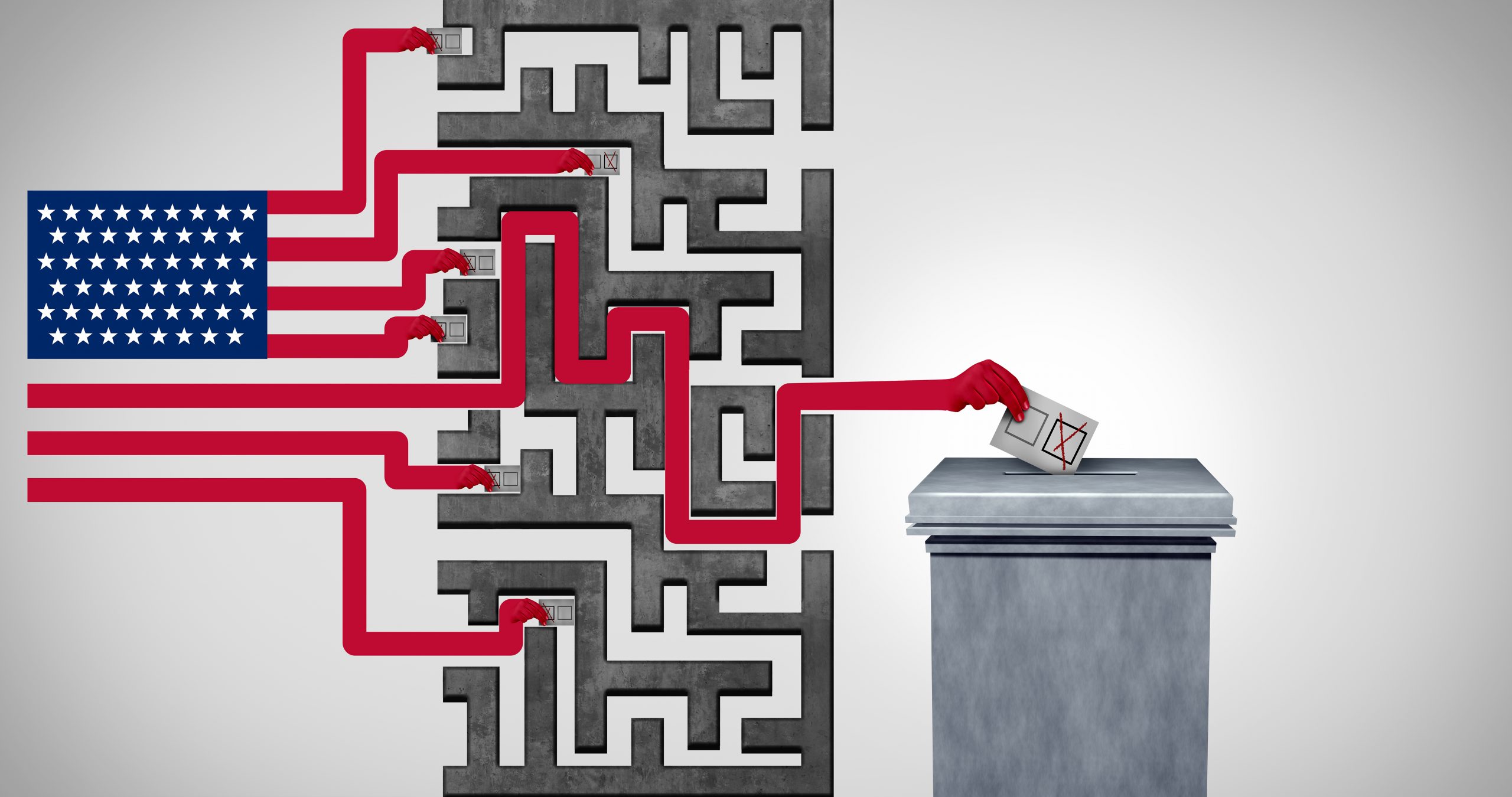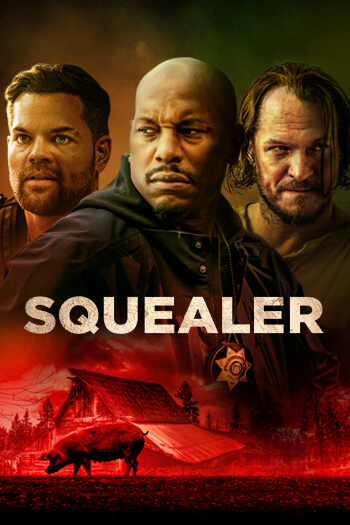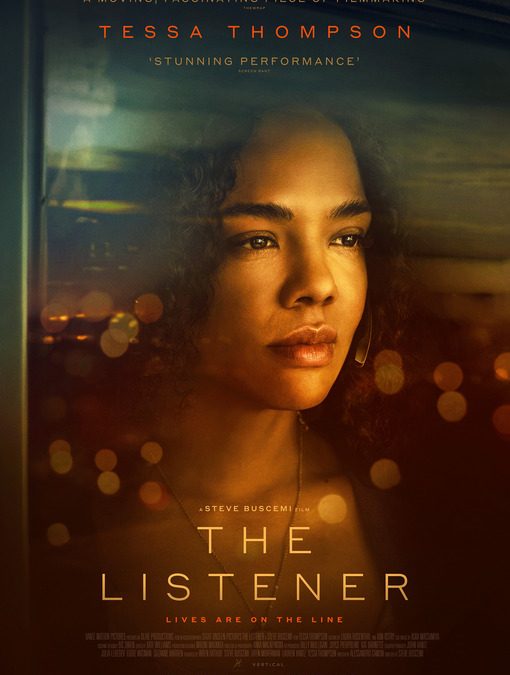By Mel Wilson, MBA, LCSW – NASW Senior Policy Adviser
The John Lewis Voting Rights Advancement Act (VRAA) was reintroduced in the House of Representatives by Rep. Terri Sewell (D-AL) on September 19, with support of Democratic Congressional leadership and the voting rights advocacy community. In a time when the foundation of American democracy – one man, one vote – is under duress, It is difficult to minimize the importance of this legislation.
The history of VRAA is more immediately tied to the 2013 Supreme Court (SCOTUS) ruling that determined a key enforcement provision of the Voting Rights Act of 1965 was unconstitutional. That provision, the preclearance formula, required states with histories of discriminatory election practices to submit new or revised election policies and laws to the Department of Justice (DOJ) for approval.
The SCOTUS decision was both devastating and many believe wrongheaded. The notion that the ruling was incorrect was fueled by criticism of Chief Justice John Robert’s opinion that ”things have changed dramatically” in the South and states with long histories of discrimination no longer needed DOJ oversight.
All of which prompted the House to introduce a new voting rights bill (VRAA) that restored and strengthened the original Voting Rights Act. Guided by the fact the Supreme Court struck down preclearance on the premise it was outdated, the bill sponsors updated the VRAA formula. Thereby addressing SCOTUS’s concern.
In addition to updating the formula, the bill stipulates the following practices would be subject to preclearance review from the Justice Department: .
- Creating at-large districts in places with sufficiently large minority populations.
- Changing jurisdiction boundaries to remove minorities from the jurisdiction in places with sufficiently large minority populations.
- Changing the boundaries of a district where a minority group is sufficiently large and has had a large population increase.
- Imposing stricter requirements for documentation or proof of identity to vote.
- Reducing the availability of or altering multilingual voting materials.
- Reducing, consolidating, or relocating polling places, early and Election Day voting opportunities, or absentee voting opportunities in places with sufficiently large minority populations.
- Making it easier to remove voters from the rolls in places with sufficiently large minority populations.
There is an immediacy to passing VRAA. Those who do not hesitate to deny the vote to millions of Americans have already asserted themselves. In the decade since the Supreme Court declared the heart of the Voter Rights Act to be unconstitutional, at least 29 states have passed 94 laws that make it harder to vote – with the impact falling hardest on Black , Hispanic and Native American people.
The Voting Rights Act of 1965 passed with bipartisan support. It is ironic that 58 years later, it is likely there will be little or no support for VRAA from Republicans.
This generation of lawmakers should respond to the call of the majority of Americans who support new legislation to protect the vote. Short of that, there is an imperative that every effort must be made to elect members of Congress (Democrat or Republican) whose values and commitment to democracy compels them to pass VRAA.
NASW strongly supports the John Lewis Voting Advancement Act. We further commit to working actively with other like-minded organizations and Congressional sponsors to help this important bill become law.




